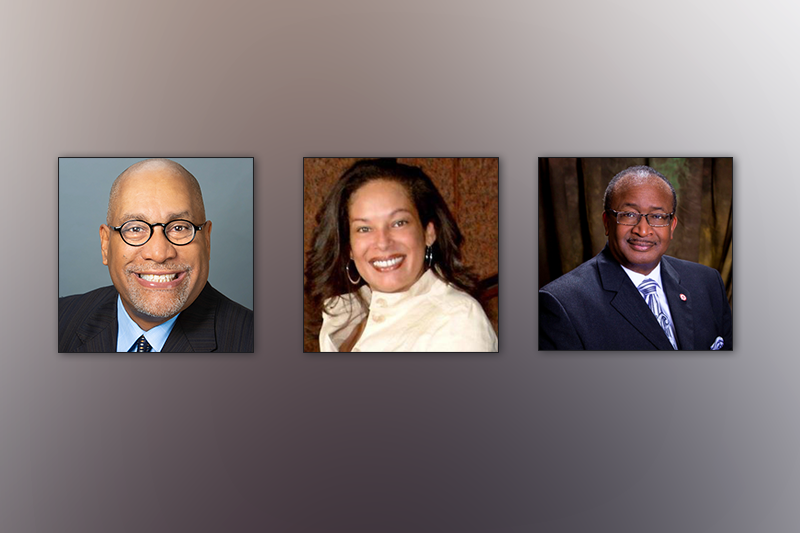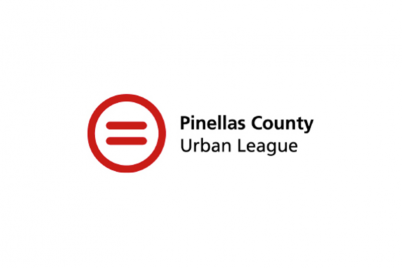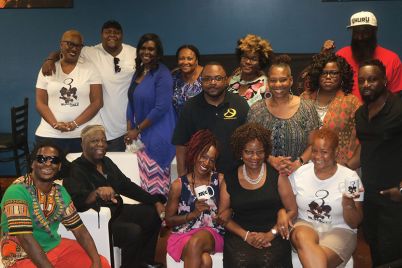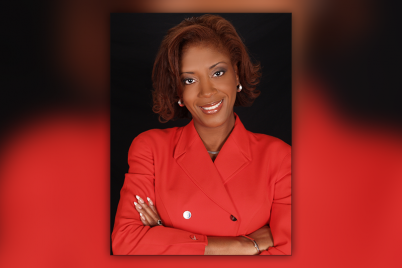Carl Lavender, chief equity officer at Foundation for a Healthy St. Petersburg, Gypsy Gallardo, data analyst and community and Rev. Watson Haynes, president & CEO of PCUL.
PINELLAS COUNTY — The “Equity Now” radio show on WTMP brings St. Petersburg and Pinellas County community members and activists, political and nonprofit leaders, and social service and health experts together to review current events through a lens of racial and health equity.
The program is hosted by Carl Lavender, chief equity officer at Foundation for a Healthy St. Petersburg (FHSP), and is one of many ways FHSP is addressing community needs and issues.
“Our purpose,” said Lavender, “is to advance strategies that advance impact in the equity space. ‘Equity Now’ investigates “race equity to achieve health equity in population health — especially for black and brown people,” he added.
Karen Chassin, chief influence officer at FHSP, gratefully acknowledged WTMP’s general manager Howard Word for extending the half-hour slot for “Equity Now” on Saturday mornings at 10:30 a.m.
On May 16, Lavender was joined by data analyst and community builder Gypsy Gallardo and Rev. Watson Haynes of the Pinellas County Urban League (PCUL) to discuss the ongoing initiatives supporting post-COVID-19 recovery in St. Petersburg and the county.
Gallardo is the CEO for Urban Market Analytics, which specializes in designing and evaluating solutions addressing economic progress in low-income communities and communities of color. As well as being CEO for One Community and the 2020 Plan, she also publishes the Power Broker magazine.
Gallardo shared that the One Community coalition realized early on that the shutdown would impact African-American communities harder and faster, with greater enduring economic impact than within white communities. The crisis would result in more African Americans unemployed, and “more of our businesses shut down,” she added.
Gallardo explained that these factors led to stakeholders quickly assembling the #InThisTogether initiative to “try to stand in the gap economically for our community.”
That “standing in the gap” has resulted in micro-grants to business owners, contracts for business owners to replace income loss, and a catering and restaurant initiative that pays businesses to feed families and essential workers. Additional resources and support for business owners by tax and finance professionals are also available.
Gallardo said the next two years will be critical in implementing initiatives to help black and brown communities recover from the crisis.
Haynes shared that while PCUL has been aiding low-income residents in the community for many decades — “turning folks lights on for a long time” — this period had caused them to reconsider and to “retool” how they offer support.
He noted that there are now many unemployed – including people that have previously always had a steady income and may have never needed support – facing the reality of being without work, and without clear employment prospects. Because of the rising need, PCUL has moved the $600 assistance cap on its Home Energy Assistance Program.
Haynes said that PCUL is also encouraging families to gain more control over the money they do have, offering programs that “give them the kind of financial education they need to know how a) to manage money now, and b) to build credit, now.”
He also revealed that the PCUL is embarking on building homes, saying that they will be building three homes within the next 90 days, stating, “we have to do it for ourselves.”
When Lavender asked how community leaders can hold government and banking systems accountable regarding dollars earmarked for black and brown, low-income communities, Gallardo referred to Frederick Douglass’ quote: “Power concedes nothing without a demand. It never did, and it never will.”
“This time period is where we have to be at attention and on the front lines, insisting that public officials hold themselves accountable to equity,” she stated. “It’s a nice word to hear; it’s a nice word to play in your policy document. But we need to see it in action.”
Gallardo said this begins with acknowledging the factors, including structural racism, that stand in the way of African-American businesses. Among these factors, she noted, is their ineligibility for SBA loan programs and Florida Emergency Business Loan, which are not open to solo entrepreneurs or ex-offenders.
Lavender and Watson also discussed how black churches can use their influence in their banking relationships to encourage more business lending in the black community.











